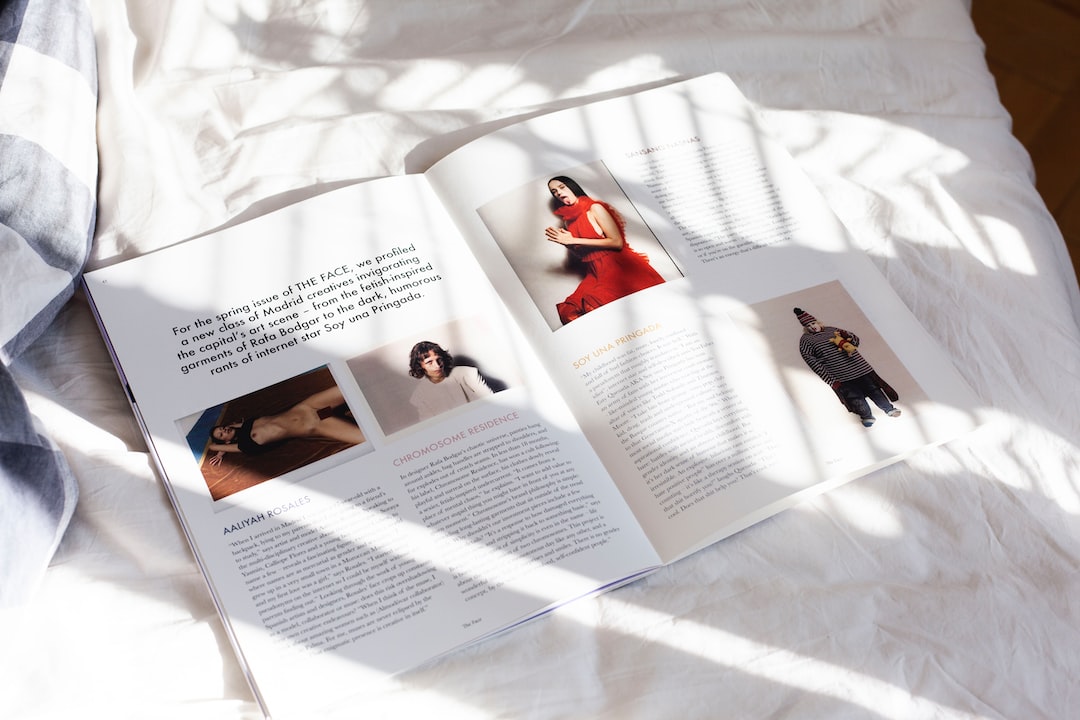Exploring Color Theory in Fashion: Creating Eye-Catching Looks
In the world of fashion, color plays a vital role in creating eye-catching and memorable looks. Whether you’re dressing up for a special occasion or simply curating your everyday style, understanding color theory can elevate your fashion game to new heights. By knowing how colors interact and complement each other, you can effortlessly create stunning outfits that turn heads wherever you go. Let’s delve into the fascinating world of color theory and discover how it can revolutionize your fashion choices.
Color theory, a concept rooted in art and design, revolves around understanding how colors relate to one another and the impact they have when combined. While basic color theory principles are widely known, such as the primary colors (red, blue, and yellow) and secondary colors (green, purple, and orange), fashion takes it a step further by delving into the psychology of color and its impact on human perception.
One fundamental aspect of color theory is the color wheel. The color wheel is a visual representation of the colors and their relationships. It consists of primary, secondary, and tertiary colors, allowing you to identify the right combinations for your outfits. You can utilize complementary colors, which lie opposite each other on the color wheel, to create striking contrasts. For example, pairing a vibrant red top with a complementary green skirt can create an eye-catching look that is visually pleasing.
Analogous colors, on the other hand, are next to each other on the color wheel and provide a more harmonious and cohesive palette. Combining analogous colors, such as blues and greens or pinks and purples, can result in a visually balanced ensemble. Playing around with analogous colors allows you to create a unified outfit that is both aesthetically pleasing and eye-catching.
Another aspect of color theory to consider is the psychology of color. Different colors evoke specific emotions and can impact how others perceive you. For instance, warm colors like red, orange, and yellow are associated with energy, passion, and excitement. Incorporating these colors into your outfits can make a bold statement and grab attention. On the other hand, cool colors such as blue, green, and purple evoke feelings of calmness and serenity, which can create a more relaxed and approachable impression.
Beyond choosing the right color combinations, understanding the concept of color temperature is also crucial in creating captivating looks. Warm and cool colors can be further divided into warm and cool shades. Warm shades tend to have more yellow undertones, while cool shades lean towards blue undertones. By considering the color temperature, you can achieve a balanced and visually pleasing ensemble. For instance, pairing warm shades with a pop of cool color can create a captivating outfit that exudes style and confidence.
While color theory provides a solid guideline for creating eye-catching looks, experimenting and stepping outside of your comfort zone is equally important. Don’t be afraid to mix and match unexpected color combinations or experiment with color blocking techniques. Fashion is an art, after all, and expressing your unique style through colors allows you to create memorable and striking outfits.
Moreover, it’s important to keep in mind that personal preferences and cultural backgrounds also influence the way we perceive colors. What may be considered appealing in one culture might not resonate similarly in another. Therefore, embrace your personal style and adapt color theory principles based on your individual taste and the impression you want to make.
In conclusion, exploring color theory in fashion opens up a world of possibilities for creating eye-catching looks. By understanding how colors interact and the psychology behind them, you can effortlessly curate striking ensembles that make a lasting impression. Whether you choose to play with complementary colors, analogous palettes, or experiment with color temperature, remember to stay true to your style and have fun with fashion. So go ahead, embrace the power of color theory, and let your wardrobe shine with captivating, eye-catching looks.
